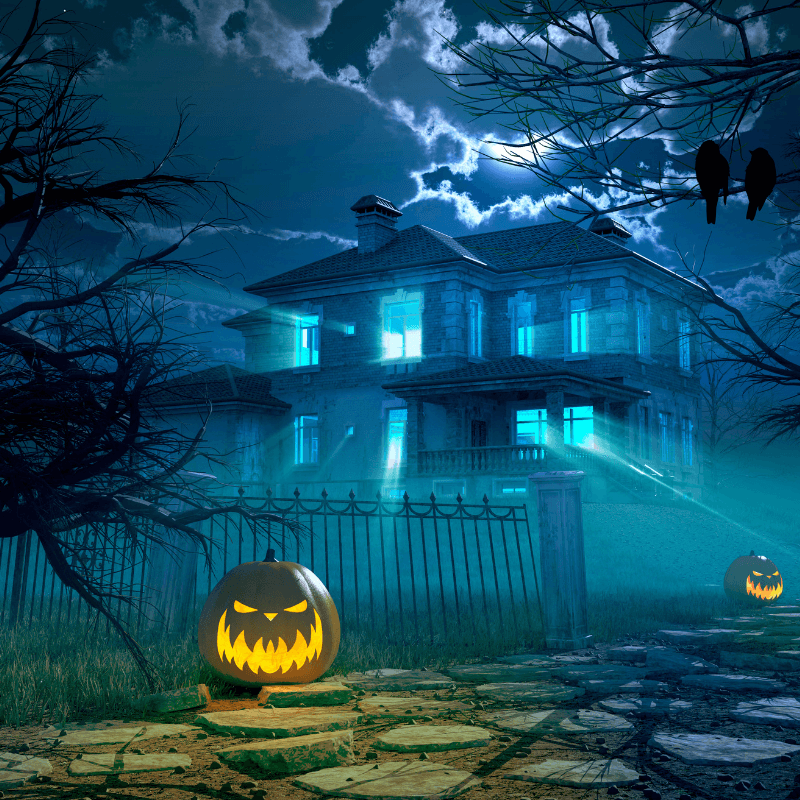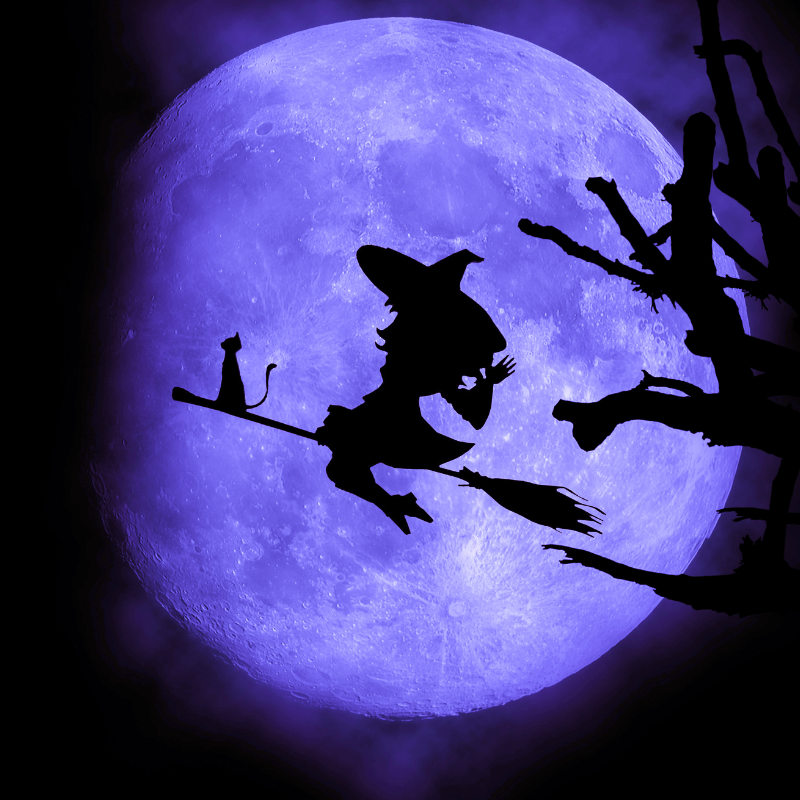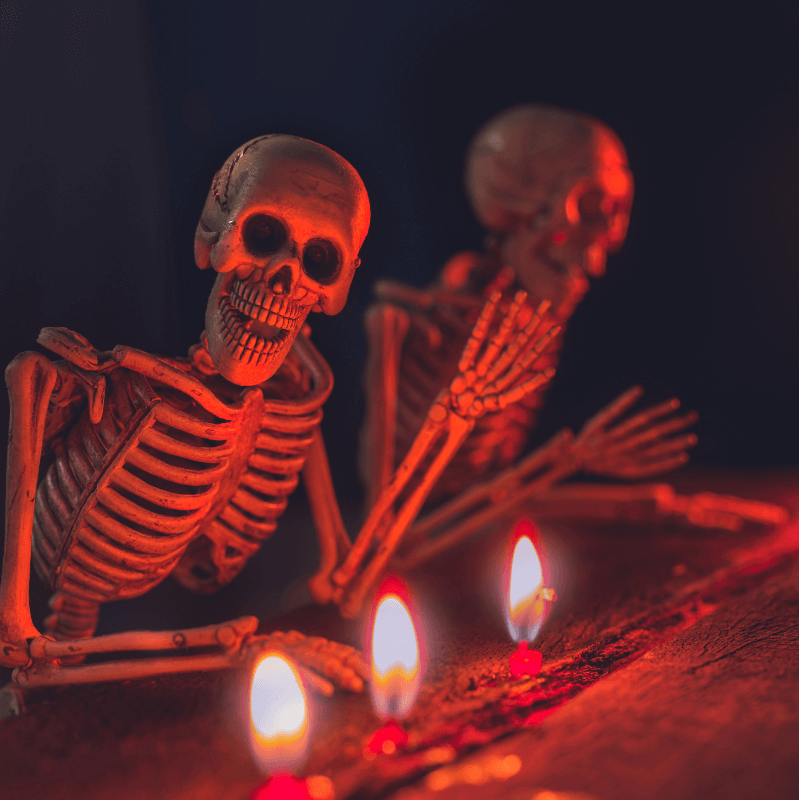Halloween: Masculine or Feminine?
If you’ve ever wished someone a “Happy Halloween” in French, you might have stumbled upon a peculiar linguistic conundrum – should Halloween be masculine or feminine? Should we say “Joyeux Halloween” or “Joyeuse Halloween”? This subject has stirred up many debates among French speakers (both native speakers and learners!). In this blog post, we’ll dive into the world of gender in the French language and shed light on this curious Halloween dilemma

So why the confusion?
Why are we unsure whether Halloween is masculine or feminine? We mustn’t lose sight of the fact that in France the festival of “Halloween” is a relatively new concept adopted from American culture. As a result, the language around it is still in the “early stages” of adoption!
The French seem to prefer the expression “Joyeux Halloween” and consider Halloween to be masculine. But why would this be?


The Gender of Halloween
According to the authoritative “Collins-Robert” dictionary, the word “Halloween” is, in fact, feminine. So, logically, one might assume that “Joyeuse Halloween” would be the correct choice. However, the reality is a bit more complex.
Firstly, mon grand dico indicates with “(Can)” that “Halloween” is of Canadian French origin. Certainly, from what I have seen, in Canada “Halloween” is considered a feminine noun and “Joyeuse Halloween” is the favoured greeting.
However, I see “Joyeux Halloween” as much, if not more often, than “Joyeuse Halloween”.
“Quoi ?” I hear you cry! Je sais ! Le français n’est jamais simple !

Adopted words
Well, in the French language, words borrowed from English usually default to the masculine form. Hence, many French speakers opt for “Joyeux Halloween” to conform to this rule. This might explain why it’s the more popular choice in everyday conversation. So, if you’re going with the flow, “Joyeux Halloween” is your go-to.
On the other hand, “Joyeuse Halloween” matches the gender of “fête” (celebration), and from a grammatical standpoint, it’s correct as well. While it might not be as prevalent as its masculine counterpart, it’s certainly a valid option and there are some French speakers who prefer this form.
The Silent ‘H’
Surprisingly, the French appear to have decided that Halloween begins with a “mute” H. This goes against the general rule that English words beginning with an H adopted into French start with an “aspirate H”. One thing is for sure, both the mute and aspirate H’s are silent (Halloween = AH-LOH-WEEN), but the way the preceding word behaves differs.
Halloween begins with a “mute H”
As Halloween begins with a mute H, it follows the normal rules of elision and liaison. Consequently, you should say “L’Halloween” (not “Le Halloween”), and both “Joyeux Halloween” and “Joyeuse Halloween” are pronounced as ZHWAH -YUH -ZAH-LOH-WEEN. So, whether you choose masculine or feminine, the pronunciation remains the same. Happy days!

The French Debate
If you find yourself befuddled by this linguistic paradox, rest assured, you’re not alone. Even the French themselves sometimes find the topic of Halloween gender a bit perplexing. However, the good news is that both versions are accepted and, when spoken aloud, sound virtually identical.
Top Tip: “Bonne fête d’Halloween!”
If you’d rather avoid the linguistic controversy altogether, here’s a simple solution – say “Bonne fête d’Halloween!” This has the advantage of bypassing the whole masculine or feminine issue.
In the world of language and culture, it’s fascinating how even a seemingly straightforward greeting can lead to debates and discussions. But remember, the essence of Halloween transcends linguistic nuances – it’s all about the spooky fun and creativity that unites us, whether we say “Joyeux Halloween” or “Joyeuse Halloween.” So, this Halloween, great your French friends with a warm “Bonne fête d’Halloween” and enjoy the celebrations!
Let me know how it goes!
I always love to hear from you.
P.S. Why not watch this fun video about Halloween in Cananda by TravelsbyDrE ?


I like a bit of debate so I think I would use joyeuse Halloween just for a reaction!
Très intéressant. Merci ????
I like your style, Linda! Let me know how you get on!